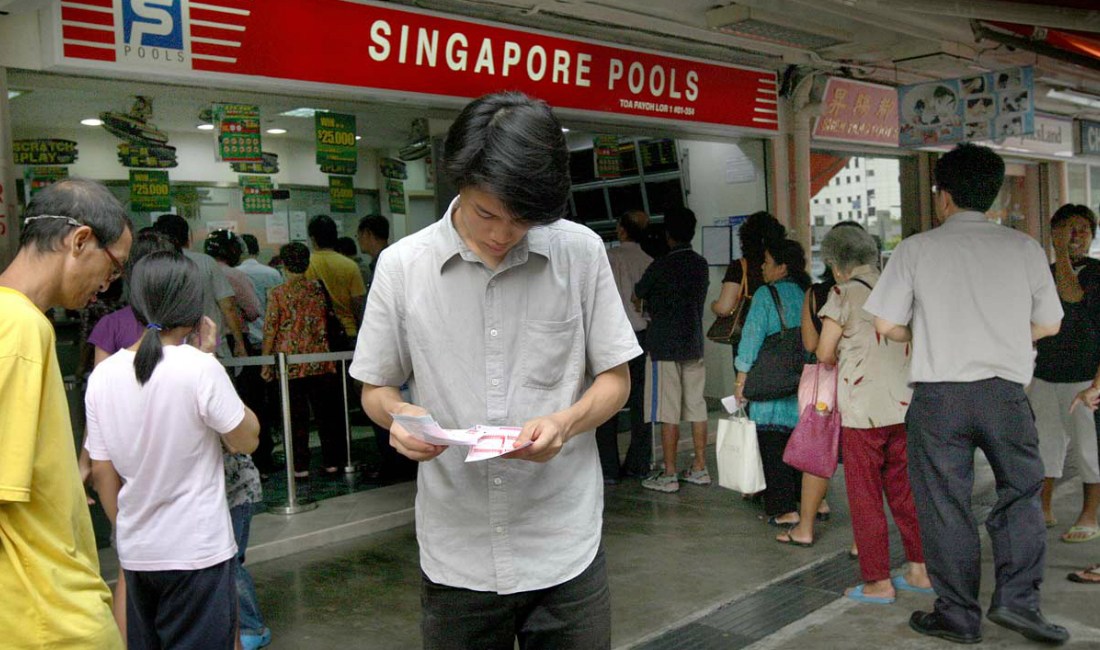 Reading Time: 2 minutes
Reading Time: 2 minutes
More Singapore residents could be gambling and probable hardcore gamblers are betting much more than before, although their numbers have held steady, according to the National Council on Problem Gambling’s (NCPG) latest survey.
Probable hardcore gamblers – or probable pathological gamblers, those with the most severe form of the addiction – made up 0.1 per cent of the 3,000 Singapore residents aged 18 and above polled in the NCPG’s 2017 Gambling Participation survey.
The figure is slightly lower than the 0.2 per cent in the previous survey conducted in 2014.
Their median wagers, however, more than triple from S$80 to S$250 a month.
Together with the respondents who were likely problem gamblers – albeit not as serious as the probable pathological gamblers – they made up 0.9 per cent of the respondents, up slightly from 0.7 per cent in 2014.
However, the 2017 survey found that the share of people gambling had gone up. Those who said they had participated in at least one form of gambling in the preceding year increased from 44 per cent in 2014 to 52 per cent in 2017, bucking a decline seen since 2008.
Their median betting amounts also increased from S$20 in 2014, to S$30 last year.
The NCPG could not explain the increase in betting amounts but said the sums hardcore gamblers are putting down is a concern.
“(The probably pathological gamblers) have poor self-control… We should be concerned that (they) are gambling more because compared to the normal gambler, they are more likely to regret spending more money than (they planned to),” said the council.
The survey found a significant increase in proportion of those buying 4D, Toto and partaking in social gambling.
Chinese and males were found to have a higher gambling participation rate.
Addiction management expert Thomas Lee of The Resilienz Clinic said it is difficult to assess if amounts betted by his clients are excessive, but said their gambling becomes a problem when they bet more than they can afford to. This could mean betting their entire month’s salary or asking for advance salary to fund their gambling activities, he said.
The Resilienz Clinic is one of the NCPG’s appointed agencies for problem gamblers.
Some punters may be addicted to “soft” forms of gambling such as buying 4D and Toto, when they adopt distorted beliefs, such as the need to buy 4D when they encounter events out of the ordinary, such as a road accident, he said. They may become entrapped in the belief that they have to continue betting to recover the “investments” made previously, said Dr Lee, a consultant psychiatrist.
Last year, 12.5 per cent of those counselled by Credit Counselling Singapore cited gambling as one of the reasons for their debt, the charity said. This was due to either their own habit or someone else’s.
Meanwhile, the number of problem gamblers seen by One Hope Centre fluctuates yearly, but it helps about 200 to 300 clients each year, said general manager Joanna Kong.
The non-profit has seen a “noticeable increase” in the number of problem gamblers aged below 30 seeking help.
Given the long queues reported at lottery and sports betting operator Singapore Pools’ outlets, Ms Kong said she is not surprised that a larger proportion of Singaporeans are trying their luck with 4D or Toto.
“It is an avenue for people to gamble easily, with the convenience of these gambling outlets in the heartlands,” she said.
Awareness of avenues for help could be increasing, said the NCPG.
Those who gambled showed lower rates of “poor self-control”, while the number of calls or webchats from those needing help last year also fell by about 18 per cent when compared to 2016.
Source: todayonline.com
Source: European Gaming Industry News



